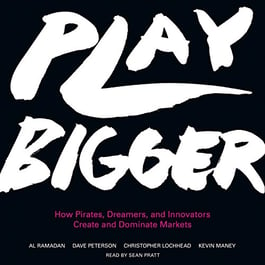 Failure is a feature, not a bug. You learn a lot from failure!
Failure is a feature, not a bug. You learn a lot from failure!
That’s the premise of Play Bigger: How Pirates, Dreamers, and Innovators Create and Dominate Markets by Alan Ramadan, Dave Peterson, Christopher Lochhead, and Kevin Maney.
Play Bigger reveals new understandings of Digital Disruption. It provides a path to follow whether you’re a new start-up or an existing business. It focuses on the value of creation and innovation.
CREATION WINS
The authors believe winning isn't about beating your competition at the old game. It's about inventing a whole new game - defining a new market category, developing it, and dominating it over time. To build a legendary company you must build a legendary category. If you think that having the best product is all it takes to win, you're going to lose.
The book asks:
- What do Facebook, Google, Salesforce.com, Uber, VMware, Netflix, IKEA, Birds Eye, 5-hour Energy, and Pixar have in common?
- In what way does Apple work like 165-year-old glass company Corning?
- What all-too-common mistake did Microsoft make—and repeat over and over—when it wasted billions of dollars on Zune, Windows Mobile, Bing, and Microsoft Stores?
The answers: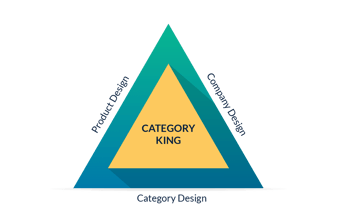
- They’re all Category Kings (the companies that create, develop, and dominate new categories are category kings.)
- Just like Apple, Corning is a category creation machine. (Corning created the TV tube, Pyrex, Catalytic Convertors, fiber optics, flat screens for TVs, and your smartphone’s screen is likely a Corning creation)
- Microsoft attempted to launch new products/services which were doomed to fail due to competing against a category King.
The most exciting companies create. They use Category Design to become Category Kings! They give us new ways of living, thinking, or doing business, many times solving a problem we didn’t know we had—or a problem we didn’t pay attention to because we never thought there was another way.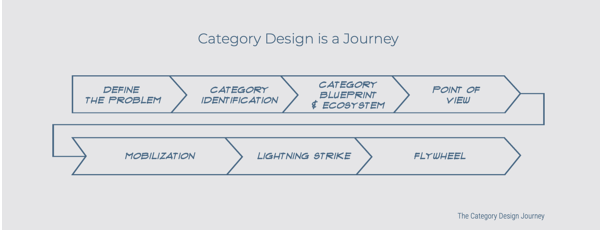
Before Uber, you hailed a cab by standing perilously close to traffic with your arm in the air. After Uber, that seems dumb!
A category king replaces our current point of view on the world with a new point of view. They make what came before seem outdated, clunky, inefficient, costly, or painful.
EARLY - CATEGORY KING EXAMPLE: BIRDSEYE
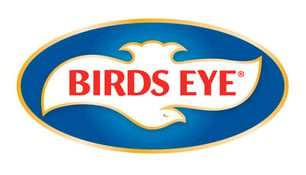 Play Bigger reveals insights into companies and how they became Category King. One such company is Birdseye.
Play Bigger reveals insights into companies and how they became Category King. One such company is Birdseye.
Clarence Birdseye had a passion for taxidermy. This led him to a job as a naturalist for the U.S. government, which took him to Labrador, in Canada’s northeastern corner.
Birdseye watched the Inuit people catch fish and toss them on the ice, where the fish flash-froze, retaining their flavor and texture.
Birdseye returned to the United States and experimented with flash-freezing fish between cakes of dry ice. He discovered the process also worked for vegetables.
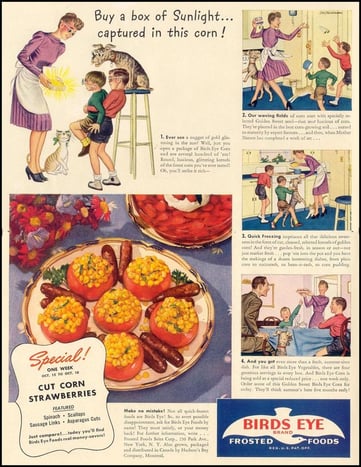 He started a company, first called General Seafoods, to make and sell this new category of product.
He started a company, first called General Seafoods, to make and sell this new category of product.
Birdseye realized he had to design and build the category itself. Before Birdseye, there was no ecosystem to get frozen food from a factory to consumers, and no demand for frozen food because consumers didn’t even know they might want it.
Play Bigger explains, “He developed freezer cars for railroads and sold rail operators on the idea. He developed freezer cases for grocers and convinced them that frozen food would increase sales.
He even convinced DuPont to invent cellophane. And he ran ads that positioned frozen vegetables as something different from canned vegetables.
Frozen food was not just better than canned food—it was different from canned food.
Birdseye’s work took a couple of decades to pay off, but it takes time to build and dominate categories—and it took a lot more time then than it does now. Of course, almost a century later, Birds Eye is still a huge brand in frozen foods.”
Clarence Birdseye has a lot in common with the founders of Uber. (Another story is explained in the book)
Birds Eye is the largest U.S. frozen vegetable brand with steamed and non-steamed product offerings holding a 26.5% market share.
Watch Play Bigger, author, Kevin Maney, explain what a category king is, and why you’d want to become one.
To create an environment where everyone is inspired to give their best, contact Positioning Systems today to schedule a free exploratory meeting.
Growth demands Strategic Discipline.
I,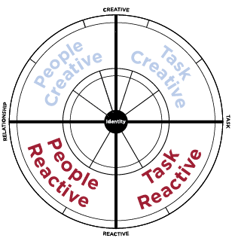 n Lie #9: Leadership is a Thing we shared Marcus Buckingham and Ashley Goodall’s view on leadership, and how by looking at the best leaders, assessing this group’s leadership skills, you could NOT predict someone with these same qualities would be a capable leader. The converse of this is the Leadership Circles premise you can Scale Leadership. We’ll discuss this next blog.
n Lie #9: Leadership is a Thing we shared Marcus Buckingham and Ashley Goodall’s view on leadership, and how by looking at the best leaders, assessing this group’s leadership skills, you could NOT predict someone with these same qualities would be a capable leader. The converse of this is the Leadership Circles premise you can Scale Leadership. We’ll discuss this next blog.
Building an enduring great organization requires disciplined people, disciplined thought, disciplined action, superior results, producing a distinctive impact on the world.
Discipline sustains momentum, over a long period of time, laying the foundations for lasting endurance.
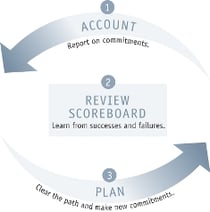 A winning habit starts with 3 Strategic Disciplines: Priority, Metrics, and Meeting Rhythms. Forecasting, accountability, individual, and team performance improve dramatically.
A winning habit starts with 3 Strategic Disciplines: Priority, Metrics, and Meeting Rhythms. Forecasting, accountability, individual, and team performance improve dramatically.
Meeting Rhythms achieve a disciplined focus on performance metrics to drive growth.
Let Positioning Systems help your business achieve these outcomes on the Four most Important Decisions your business faces:
|
DECISION |
RESULT/OUTCOME |
|
PEOPLE |
|
|
STRATEGY |
|
|
EXECUTION |
|
|
CASH |
|
Positioning Systems helps mid-sized ($5M - $250M+) businesses Scale-UP. We align your business to focus on Your One Thing! Contact dwick@positioningsystems.com to Scale Up your business! Take our Four Decisions Needs Assessment to discover how your business measures against other Scaled Up companies. We’ll contact you.
NEXT BLOG – Can Leadership Be Scaled?%20Scaling%20Leadership.png?width=600&name=Generative%20Tension%20(Diagram)%20Scaling%20Leadership.png)






.jpeg?width=150&height=135&name=Hand%20with%20marker%20writing%20the%20question%20Whats%20Next_%20(1).jpeg)

